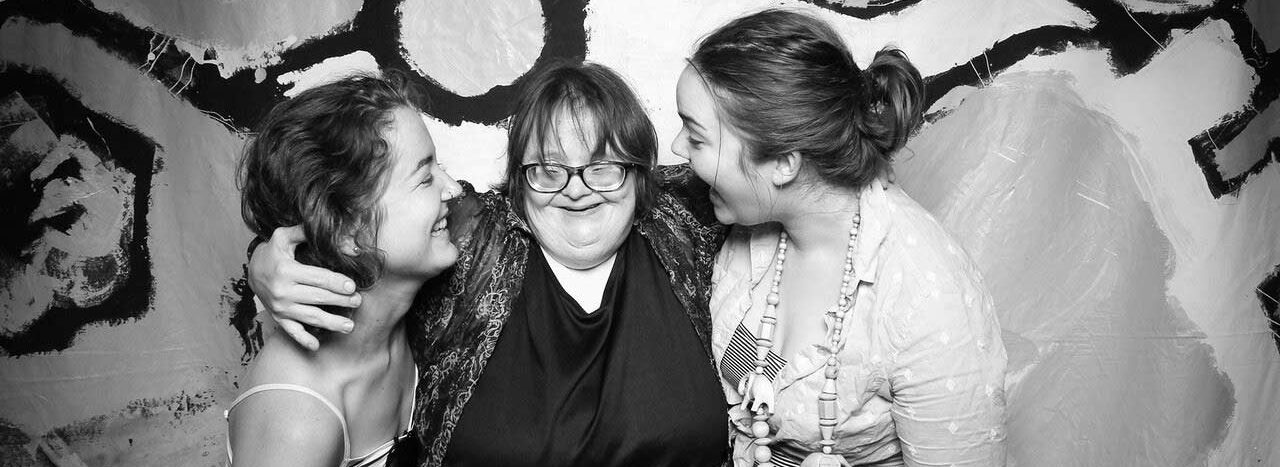Excerpt from Community and Growth, p. 96
Those who come close to people in need do so first of all in a generous desire to help them and bring them relief; they often feel like saviors and put themselves on a pedestal. But once in contact with them, once touching them, establishing a loving and trusting relationship with them, the mystery unveils itself. At the heart of the insecurity of people in distress there is a presence of Jesus. And so they discover the sacrament of the poor and enter the mystery of compassion. People who are poor seem to break down the barriers of powerfulness, of wealth, of ability and of pride; they pierce the armor the human heart builds to protect itself; they reveal Jesus Christ. They reveal to those who have come to “help” them their own poverty and vulnerability. These people also show their ‘helpers’ their capacity for love, the forces of love in their hearts. A poor person has a mysterious power: in his weakness he is able to open hardened hearts and reveal the sources of living water within them. It is the tiny hand of the fearless child which can slip through the bars of the prison of egoism. He is the one who can open the lock and set free. And God hides himself in the child.
The poor teach us how to live the Gospel. That is why they are treasures of the Church.
…
The past decade has seen an upward trend of volunteer tourism, or “voluntourism.” Instead of relaxing by the beach, many are flocking to impoverished countries to volunteer for a week or two. They are playing with orphans, taking pictures with poor children and putting up a few walls on a building. The intention of these tourists are questioned – are they really doing it to help or to make themselves feel good?
Jean acknowledges the fact that those who enter service come with the desire to help others. However, he also emphasizes the gifts that go the other way, back to the ones who serve. The mutuality of service is an important characteristic of L’Arche. It represents a necessary shift in perspective in assistants and volunteers.

